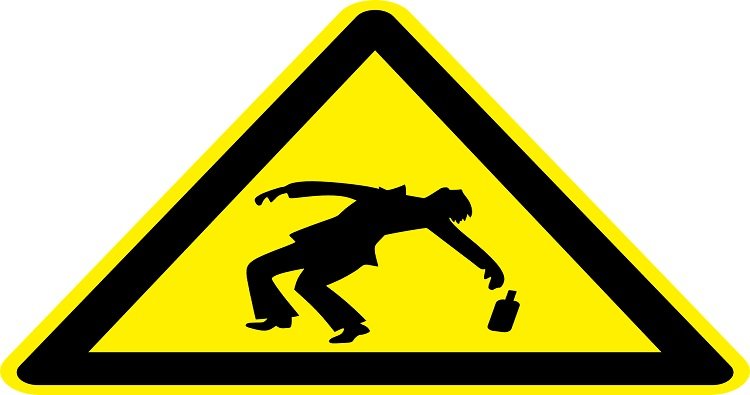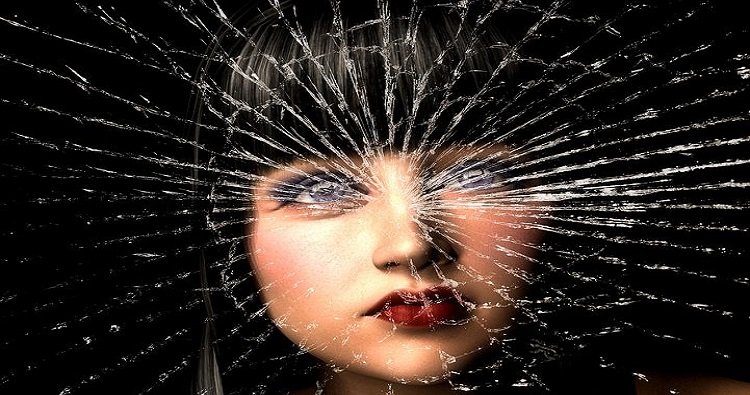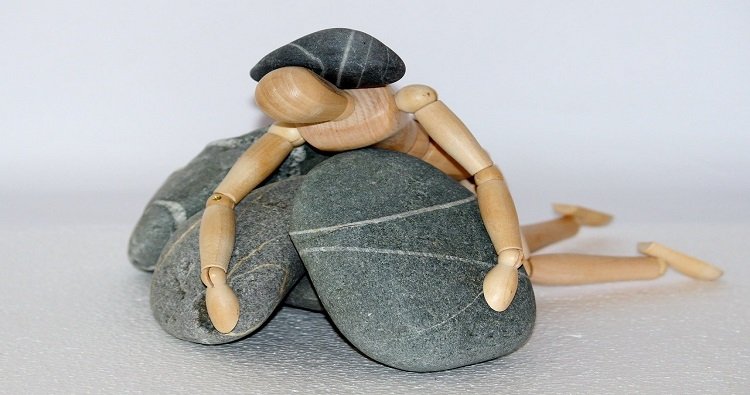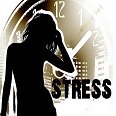- + 91 9958444373
- Malviya Road Dehradun, UK, India.
Blogs detail

SADNESS AND DEPRESSION ARE DIFFERENT!
- 2020-06-16
Depression and Sadness are linked but are not same. Knowing and understanding the differences can help a person recognize when to seek treatment and also getting the right treatment. Sadness is a normal human emotion that every single person will experience at stressful or difficult times. Sadness usually passes with time. If it does not pass, or if the person becomes unable to resume normal function, this could be a sign of depression. If low mood gets worse or lasts longer than 2 weeks, the person should talk to their doctor. Depression is a mental disorder that has an overpowering effect on many parts of a person’s life. It can occur in people of any gender or age and alters behaviors and attitudes. If these feelings of doubt last longer than 2 weeks, a healthcare professional may diagnose the person. Now let’s know what DEPRESSION really is Depression is a psychological state marked by lowered activity, gloomy thoughts, anxiety, feelings of worthlessness and an inability to deal effectively with life.
• In other words, an individual loses interest in activities that he once enjoyed,
• Thoughts that are negative and sad come to his mind,
• The person is always worrying about something or other.
• The individual feels he is worthless and cannot do anything properly
• Due to all this, he finds difficulty in dealing effectively with his life
TYPES OF DEPRESSION
DEPRESSIVE EPISODE
Period of depressed mood to a great extent or loss of interest in activities that once gave pleasure for at least 2 weeks and may also face other symptoms such as a change in sleep or appetite
MAJOR DEPRESSIVE DISORDER
Major Depressive Disorder is a moderate to a severe mood disorder in which a person experiences only major depressive episodes
SEASONAL DEPRESSIVE DISORDER
Mood Disorder involving at least two episodes of depression in the past 2 years occurring at the same time of year (most commonly fall or winter)
MANIC DEPRESSION (NOW KNOWN AS BIPOLAR DISORDER)
Manic depression consists of periods of mania or hypomania, where you feel very happy, alternating with episodes of depression.
SITUATIONAL DEPRESSION
Situational depression is a short-term, stress-related type of depression. It can develop after you experience a traumatic event or series of events. Situational depression is a type of adjustment disorder. It can make it hard for one to adjust to one’s everyday life following a traumatic event.
PERSISTENT DEPRESSIVE DISORDER
A persistent depressive disorder is a depression that lasts for two years or more. It’s also called dysthymia or chronic depression. Persistent depression might not feel as intense as major depression, but it can still strain relationships and make daily tasks difficult.
PERINATAL DEPRESSION
Perinatal depression, which is clinically known as a major depressive disorder with peripartum onset, occurs during pregnancy or within four weeks of childbirth. It’s often called postpartum depression
SYMPTOMS OF DEPRESSION
• Trouble concentrating, remembering details, and making decisions
• Fatigue
• Feelings of guilt, worthlessness, and helplessness
• Pessimism and hopelessness
• Insomnia, early-morning wakefulness, or sleeping too much
• Irritability
• Restlessness
• Loss of interest in things once pleasurable, including sex
• Overeating, or appetite loss
• Aches, pains, headaches, or cramps that won't go away
• Digestive problems that don't get better, even with treatment
• Persistent sad, anxious, or "empty" feelings
• Suicidal thoughts or attempts DIAGNOSIS
• Depression may be diagnosed by Clinical Psychologists, Psychiatrists, Primary Care Providers and Mental Health Professionals
• Depression diagnosis may require Physical Examination, Psychiatric Evaluation and mental health professional may use the criteria for depression listed in the Diagnostic and Statistical Manual of Mental Disorders (DSM-5)
TREATMENT
Depression is treated with both medication (antidepressants) and therapy.
The various therapies used by the psychotherapists are:
COGNITIVE BEHAVIOUR THERAPY (CBT)
It works to change your thoughts and behaviour by teaching you to think rationally about common difficulties, helping you to shift negative or unhelpful thought patterns and reactions to a more realistic, positive, and problem-solving approach.
BEHAVIOUR THERAPY
Behaviour therapy is a major part of Cognitive Behavior Therapy. Behaviour therapy focuses on encouraging activities that are rewarding, pleasant or satisfying, aiming to reverse the patterns of avoidance, withdrawal and inactivity that make depression worse.
MINDFULNESS BASED COGNITIVE THERAPY (MBCT)
MBCT is a type of meditation called ‘mindfulness meditation’.MBCT can help to stop your mind wandering off into thoughts about the future or the past, and avoid unpleasant thoughts and feelings. This is thought to be helpful in preventing depression from returning because it encourages you to notice feelings of sadness and negative thinking patterns early on before they become fixed
INTERPERSONAL THERAPY (IPT)
IPT helps you recognize patterns in your relationships that make you more vulnerable to depression. Identifying these patterns means you can focus on improving relationships, coping with grief, and finding new ways to get along with others.
Contact now
We are a group of health professionals, including Psychologists, Clinical psychologist, Rehabilitation Psychologist, Counsellors, Mindfulness Experts and Social Workers. We are working since 2018 in India to foster mental health.
Contact Us
recent blogs
-

SADNESS AND DEPRESSION ARE DIFFERENT!
2020-06-16 -

ALCOHOL USE DISORDER (AUD)
2020-06-19 -

SEASONAL AFFECTIVE DISORDER (SAD)
2020-06-12 -

UNDERSTANDING MINDFULNESS MEDITATION
2020-06-03 -

BURDEN OF DEPRESSION
2020-06-17







